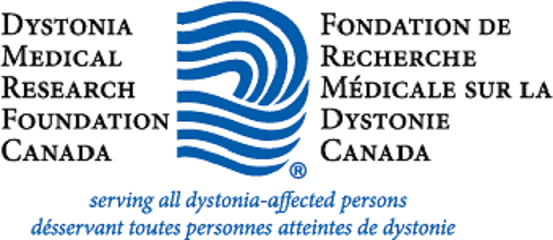Although dystonia is a movement disorder that impacts the physical body, it can also impact emotional and psychological health. Not only is the very nature of dystonia (particularly aspects like pain and disability) stressful, but also the areas of the brain affected by dystonia are associated, in part, with thinking and emotion as well as muscle movement. Dystonia symptoms can also be made worse by stress, anxiety, and fatigue. Depression and anxiety commonly affect people with dystonia.
Here are some links to articles and tips to help you cope, courtesy of DMRF (U.S):
Coping Tips and Strategies Information provided by Mark Groves, MD, Attending Psychiatrist in Movement Disorders, Alan and Barbara Mirken Department of Neurology, Beth Israel Medical Center, New York.
Dystonia and Depression, Information provided by Jennifer Pader, MDiv, STM, a psychotherapist who works in New York City.
Coping Articles, courtesy of the Dystonia Dialogue, the official newsletter of DMRF (U.S).
